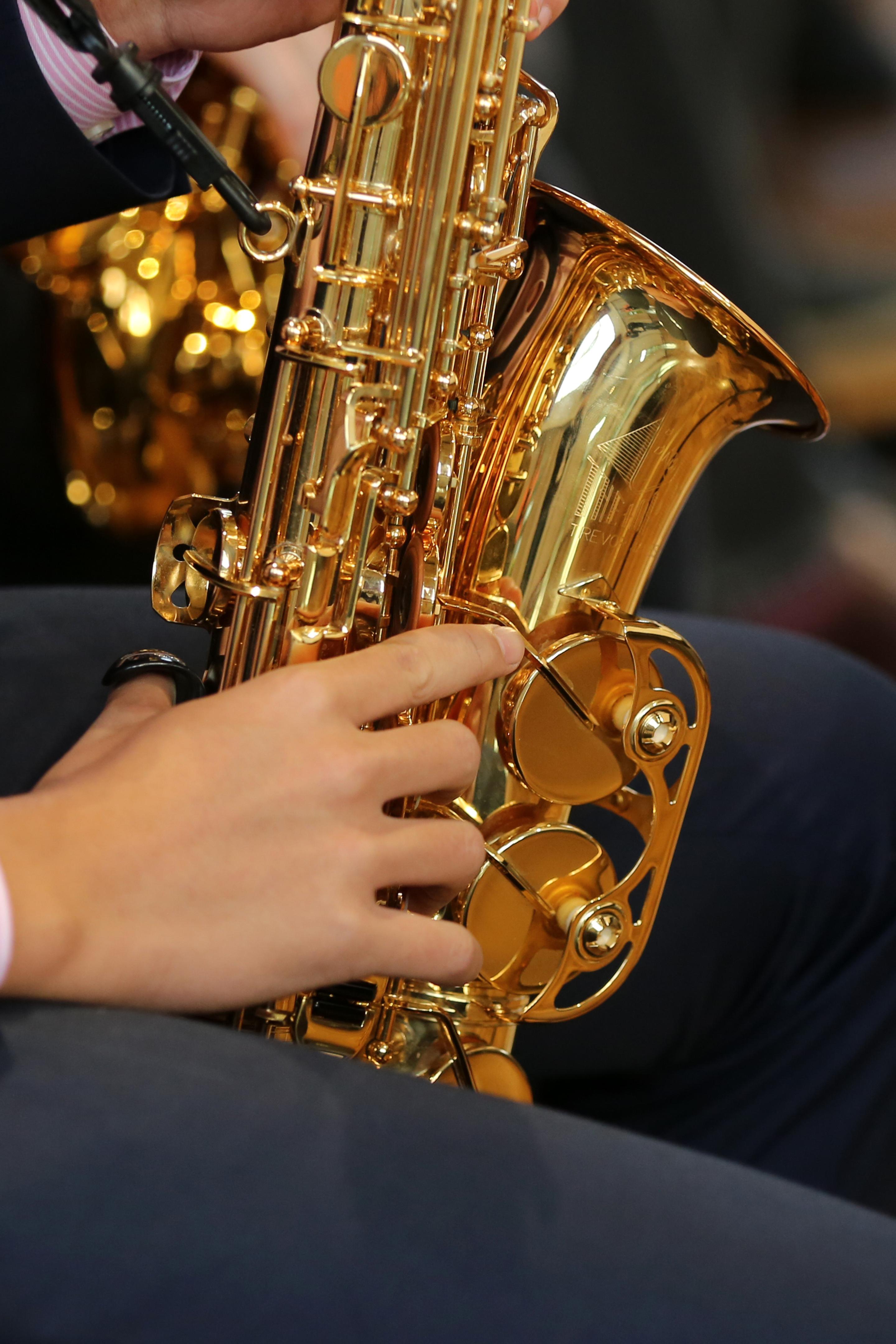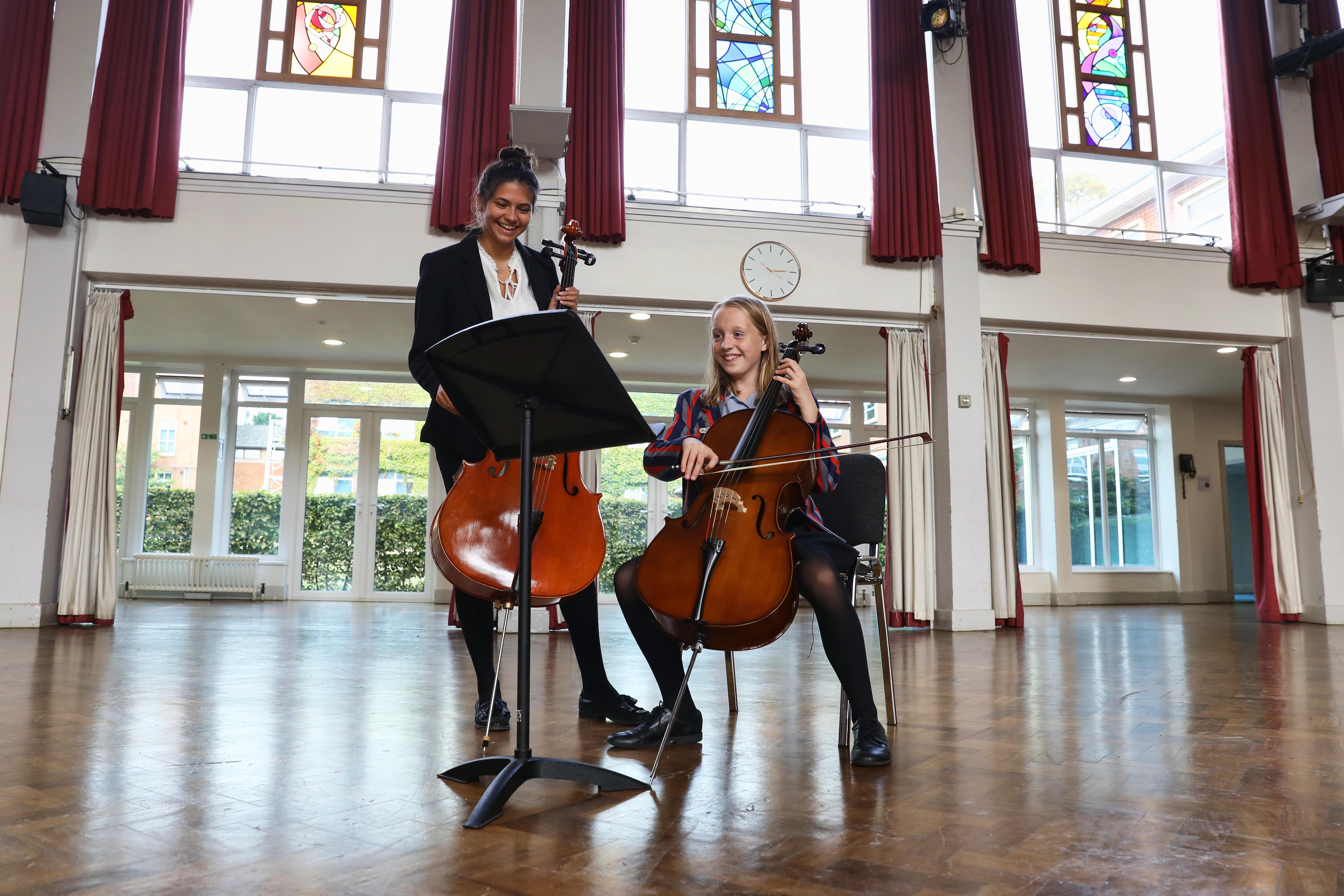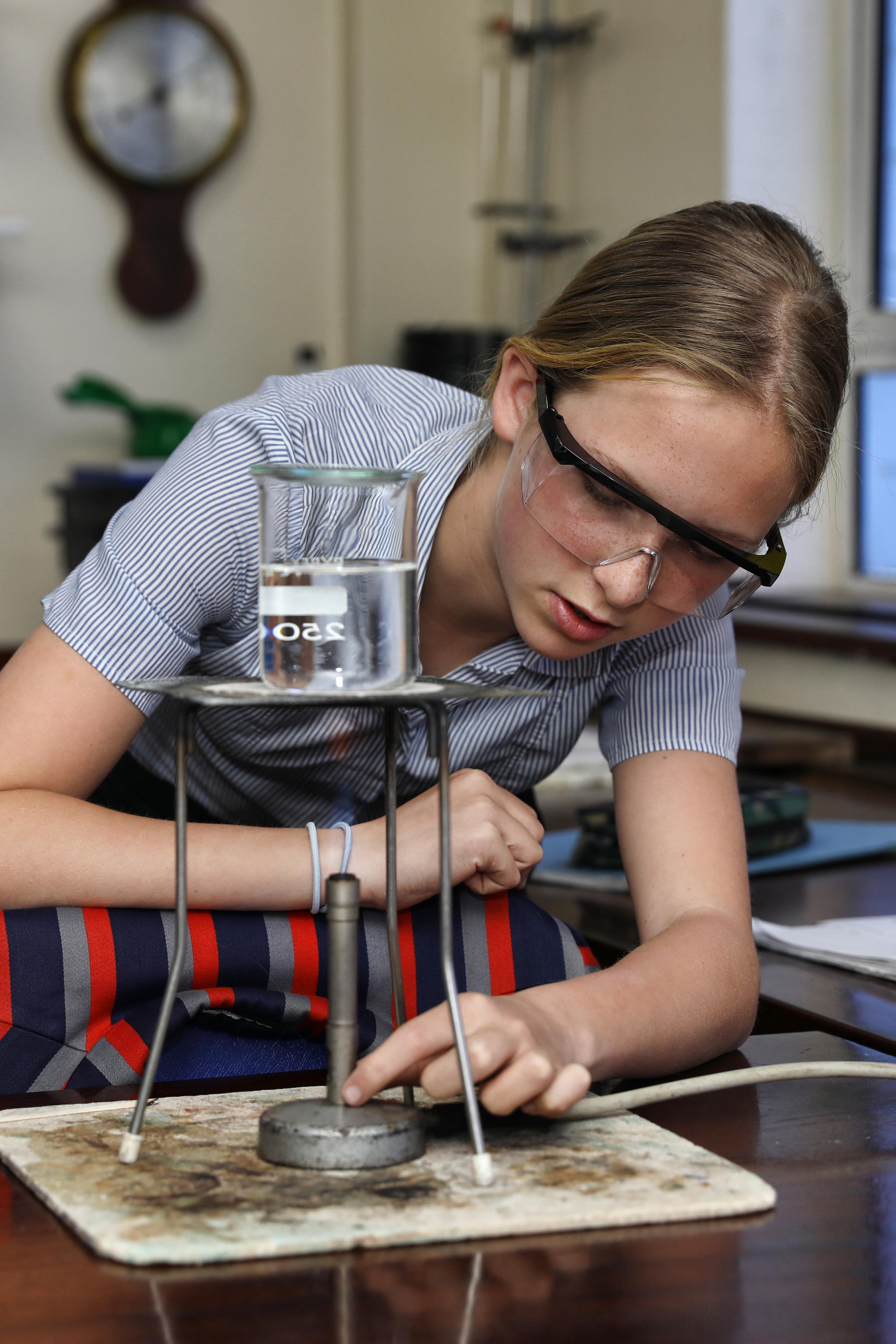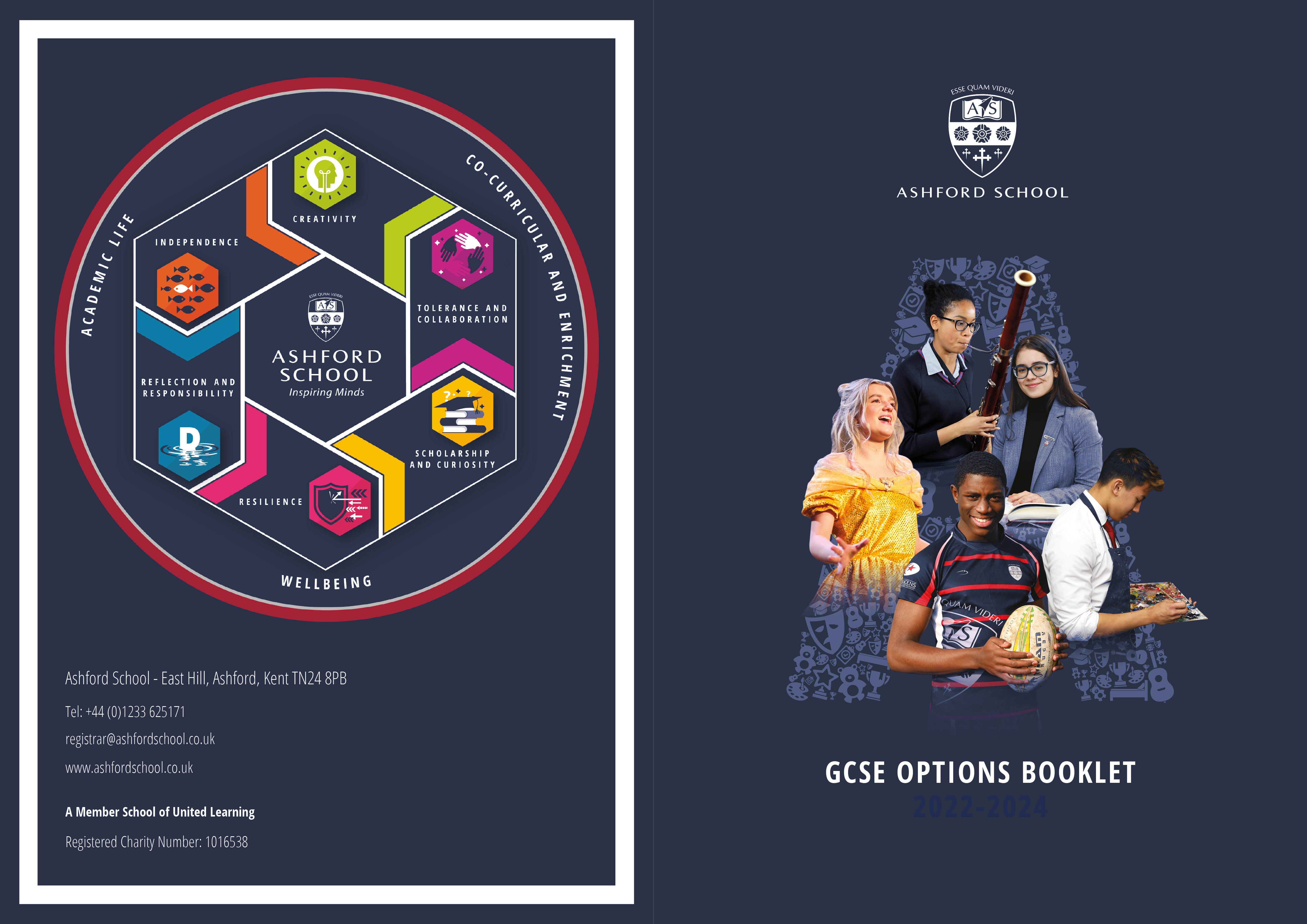
4 minute read
Critical Thinking and Study Skills
Music Board: Edexcel Specification: 1MUO
Entry requirements
Why study GCSE Music?
Studying music provides such an amazing enriching opportunity to study people's lives, cultures, beliefs etc through their creativity. Following the applied study of elements covered lower down the school, pupils study a range of works and see these elements bloom and come to a natural fruition. Anyone studying an instrument or voice already can put this towards the GCSE with a minimum amount of extra work. Learning this outside school can continue and is in fact encouraged. Music is an approved subject
further up, for the purposes of university entrance.
All pupils taking Music will find their study so much more enriching if they can expand their aural training and exposure to Music by becoming active participants in some of the school groups, since these skills all help to build up musicality and understanding. At Key Stage 4, pupils need to dissect sound and so hearing as many timbres and types of piece as possible all helps the brain decode examination questions.
Important information
Students should be proficient in one instrument (or voice) aiming to achieve grade 3 or 4 standard by the end of the course. A rough entry point is at least two years’ learning. Continuous tuition and progress is a requirement of the course since it forms 30% of the final mark.
Course Overview and Content
The Edexcel GCSE Music course contains three sections: Performing, Composing and Appraising.
The aims of this course are to encourage students to: Develop their understanding and appreciation of a range of different kinds of music, extending their own interests and increasing their ability to make judgements about musical quality. Acquire the knowledge, skills and understanding needed to: Make music individually and in groups. Develop a life-long interest in music. Progress to further study e.g. A Level and beyond. Develop broader life-skills and attributes, including critical and creative thinking, aesthetic sensitivity, emotional and cultural development.

Students are encouraged to use music-related ICT and GCSE students are often to be found involved in the many co-curricular activities of the school. Individual instrumental teachers provide a valuable input into the performing sections of the course.
Exam Format Section 1: Performing
Candidates must give at least one solo performance lasting at least 90 seconds and at least one ensemble performance lasting at least one minute. These have no audience and are recorded. This section is worth 30% of the total GCSE Grade.
Section 2: Composing
Candidates must submit one composition based on a set brief (supplied by Edexcel) and one free composition (chosen by the candidate). Again, this section is worth 30% of the total GCSE. A range of computer software can help students create fantastic pieces, whether by audio recording like Garageband or Sibelius.
Section 3: Appraising (written examination)
Candidates will study 8 set works ranging over 4 Areas of Study, including music by J S Bach, Beethoven, Purcell, Queen and John Williams. This section is worth 40% of the overall examination.
Enrichment
In the past, pupils have had webinars and concert visits, plus local visiting artists to help mould Music into a wider experience. We hope to schedule as much as we can within regulations. Musicians have access to their own areas with priority over practice rooms and computers in MUTEC and the new MTS suite of Apple Mac computers.
Future Pathways
The full A Level Music is recognised as a valid university entrance subjectand is valued for its emphasis on wider appraising of a wide range of set works and analytical thinking.
In this course students explore key skills to build levels of confidence when studying at GCSE and beyond. Critical Thinking equips pupils with vital approaches to identify different points of view and to formulate their own arguments. Study Skills are the foundation of lifelong learning and are techniques that can be applied to all subjects taught at school. Study Skills include academic writing and reading skills, research approaches, revision techniques and organisational skills. This course also includes curriculum time where pupils can focus on applying the above skills to their other GCSE subjects.
What is Critical Thinking? Study Skills: approaches to data and sources Creating an argument Critical reading techniques Conducting research Giving presentations
Study environment and study goals Study skills for revision Academic writing style Critical thinking revision: facts, arguments and viewpoints Final preparation for exams
Course outline for each half term:
Year 10
Year 11
Entry Requirement
This course is by recommendation only, in consultation with Mr John Curry, Assistant Head for the Middle School.
When will this course run?
This will run throughout Year 10 and 11 in place of studying an examined GCSE subject.
Will there be examined or assessed units?
This is a non-examination course so there will be no grade awarded at the end of the course.
How many lessons a fortnight?
There will be seven lessons, with a mix of taught sessions led by experienced teachers, complemented by some independent study.













